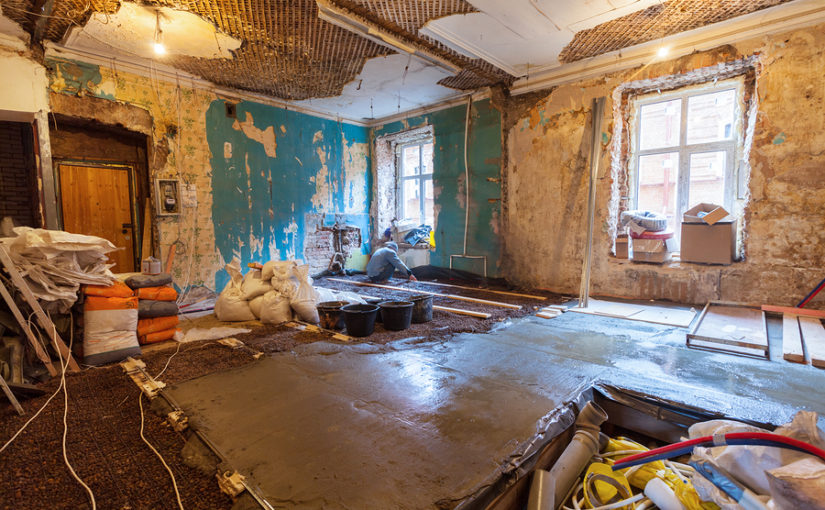Home renovations are one of the most common reasons why people hire a skip but before you start ripping out those fixtures and fittings, you need to be aware of building regulations.
These are the minimum standards that apply to many domestic jobs including DIY renovations and professional work alike.
Unlike planning permission applications, building regulations are much more objective – meet the minimum standards and the work should be approved – so it’s worth knowing what those standards are before you get underway.
The 14 areas covered by building regulations
A library of documents outlines the current building regulations for different types of work, with 14 topics covered in total:
- Part A – Structure
- Part B – Fire Safety
- Part C – Contamination and Damp
- Part D – Toxicity
- Part E – Sound
- Part F – Ventilation
- Part G – Hygiene
- Part H – Drainage
- Part J – Fuel
- Part K – On-site Safety
- Part L – Conservation of Fuel and Power
- Part M – Access
- Part N – Glazing
- Part P – Electrics
As you can see, some of these topics, or ‘parts’, apply to specific types of home improvement projects, e.g. glazing, whereas others concern more general protections like damp-proofing and avoiding contamination.
Why is building regulations compliance important?
Any home renovations – whether DIY or done by a professional – must comply with building regulations (with some exceptions).
If you don’t comply, you could face additional costs in order to bring the work up to standard.
You could even find it impossible to sell your home, as without certificates of compliance for any renovation work, you will be unlikely to find a buyer.
Exemptions to building regulations
Some minor renovations do not need building regulations approval:
- Like-for-like replacements of bathroom suites.
- New power sockets and light fittings (unless near a bath or shower).
- General repairs/replacements (unless to fuse boxes, heating systems, glazing units or oil tanks).
You can also avoid needing to apply for building regulations approval by hiring a tradesperson who is already registered with a competent person scheme – effectively making them pre-approved for regulated work in their chosen trade.
Can I appeal a building regulations decision?
The building regulations appeal process is in two different parts:
- Appeals – If you think your project should not need building regulations approval at all.
- Determinations – If you think the building control body (BCB) has unfairly refused building regulations approval for the work done.
In some cases the local authority can grant you permission to relax or completely dispense with a specific requirement of the usual building regulations.
This kind of exemption can only be granted by a local authority BCB, and not by a private BCB.
You do not pay a fee to appeal, and there is no fee on determinations if your building work is specifically for disabled people. Other determinations will be subject to an application fee.
Who do I appeal to?
Remember an ‘appeal’ requests exemption from a specific aspect of building regs, whereas a ‘determination’ appeals against an unfair decision by a BCB.
In each case you must submit your application to:
- Appeals – Your local authority BCB (but NOT a private BCB)
- Determinations – Ministry of Housing, Communities & Local Government
However, it is always best to get approval upfront before commencing work and, if possible, consider hiring a ‘competent person’ who can complete the work without needing to apply for building regs approval separately.
